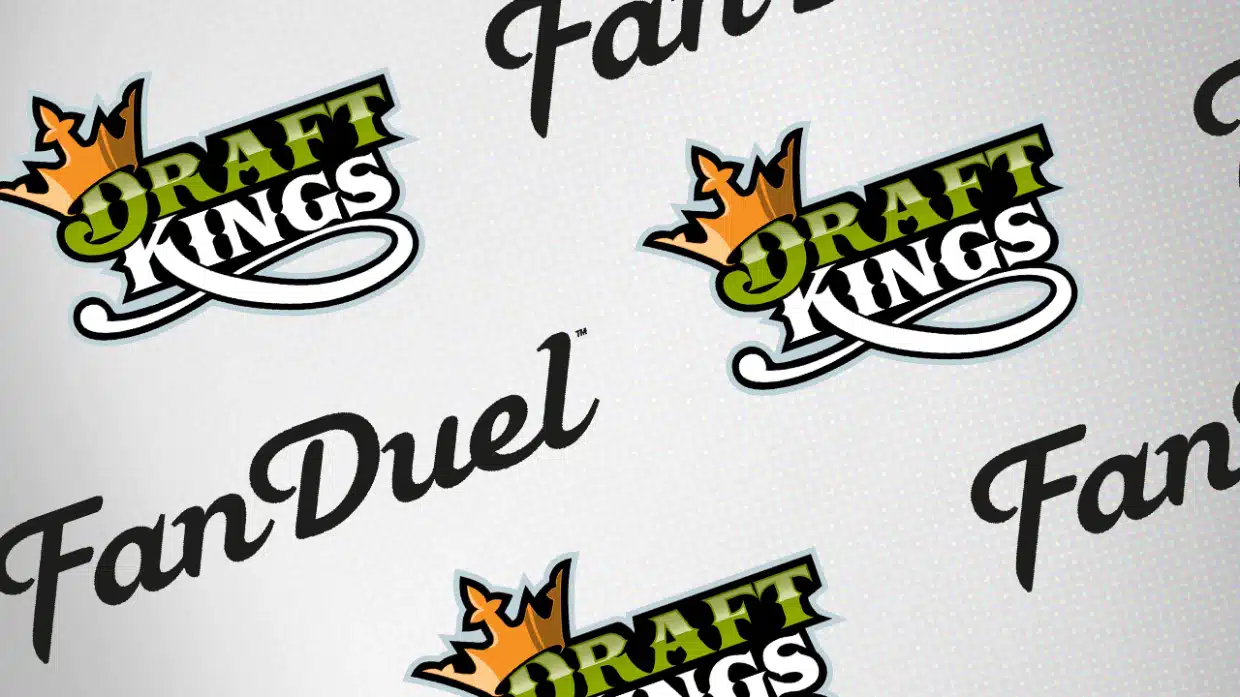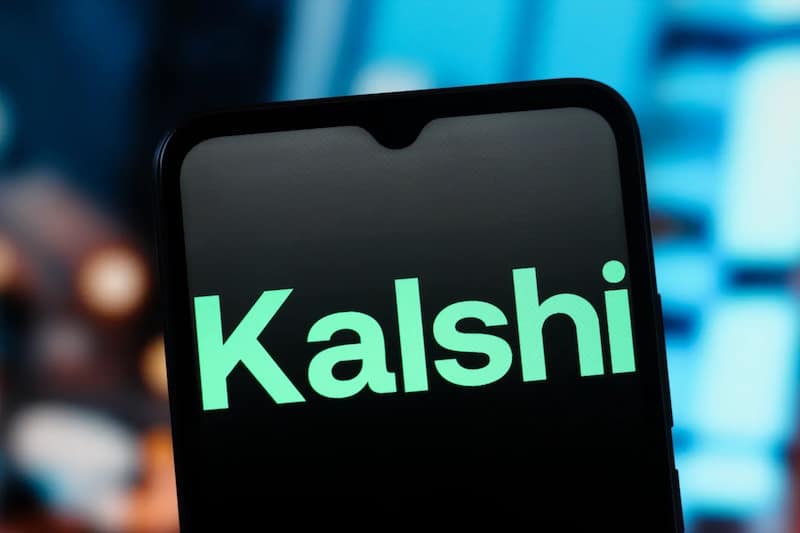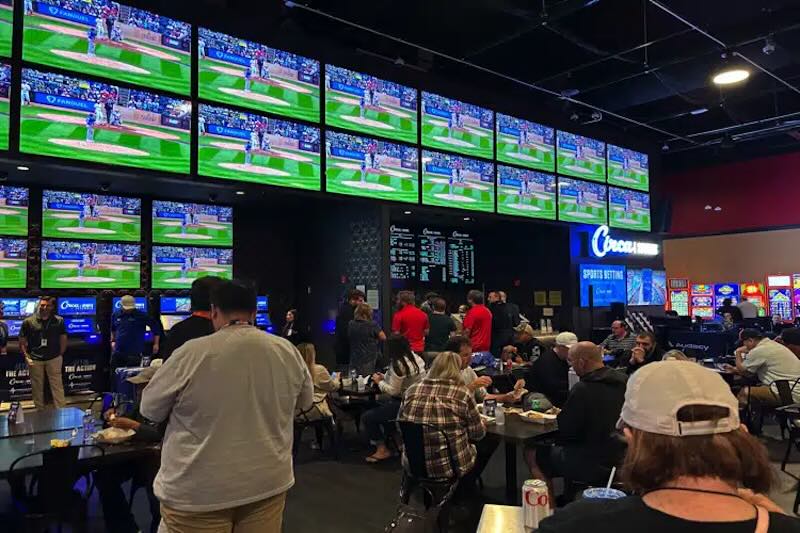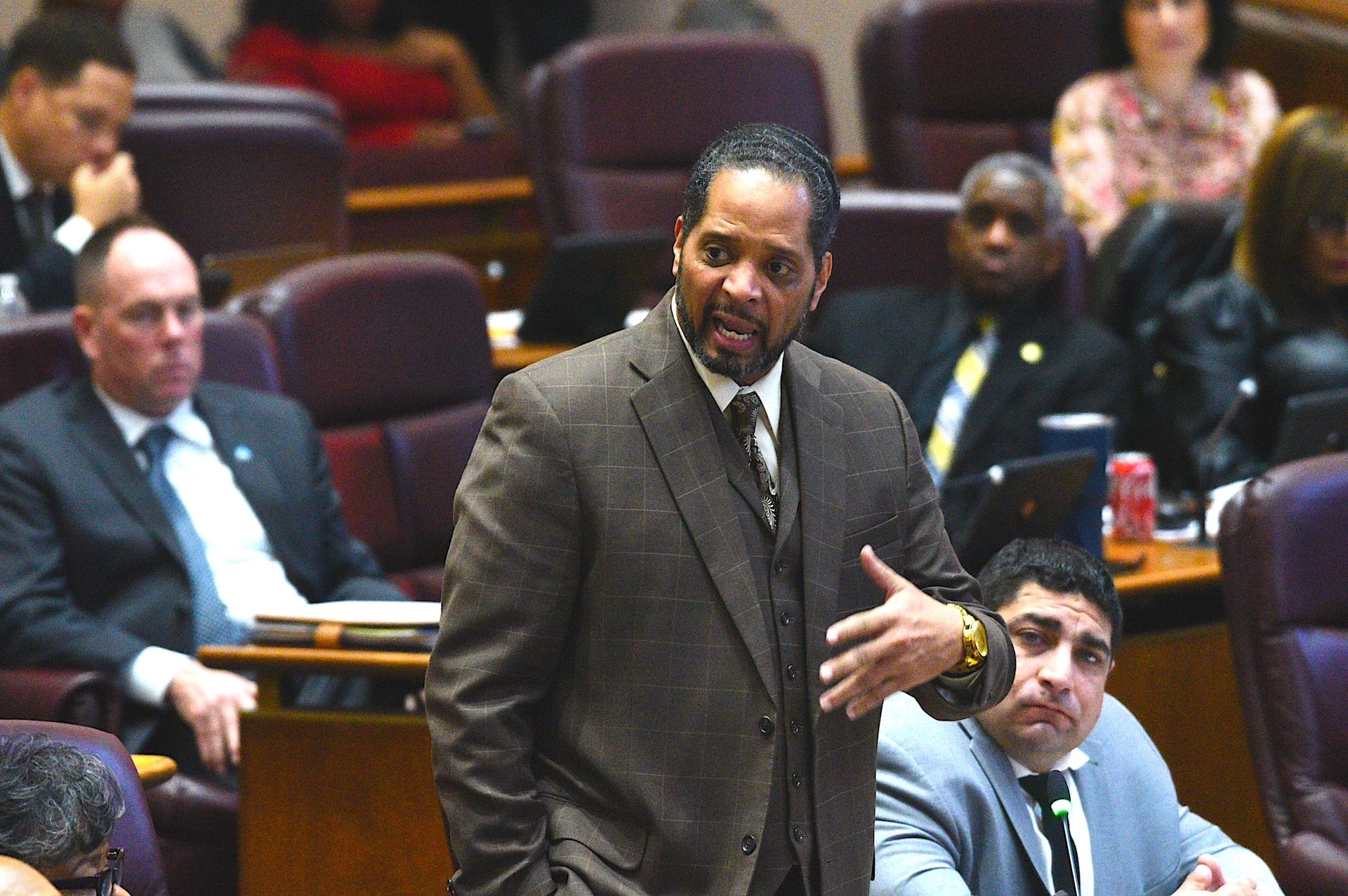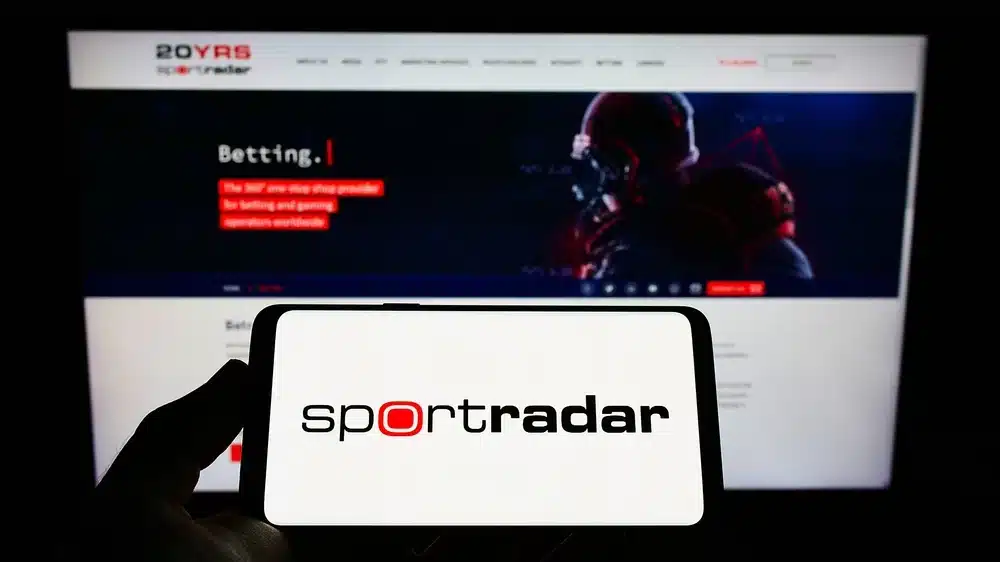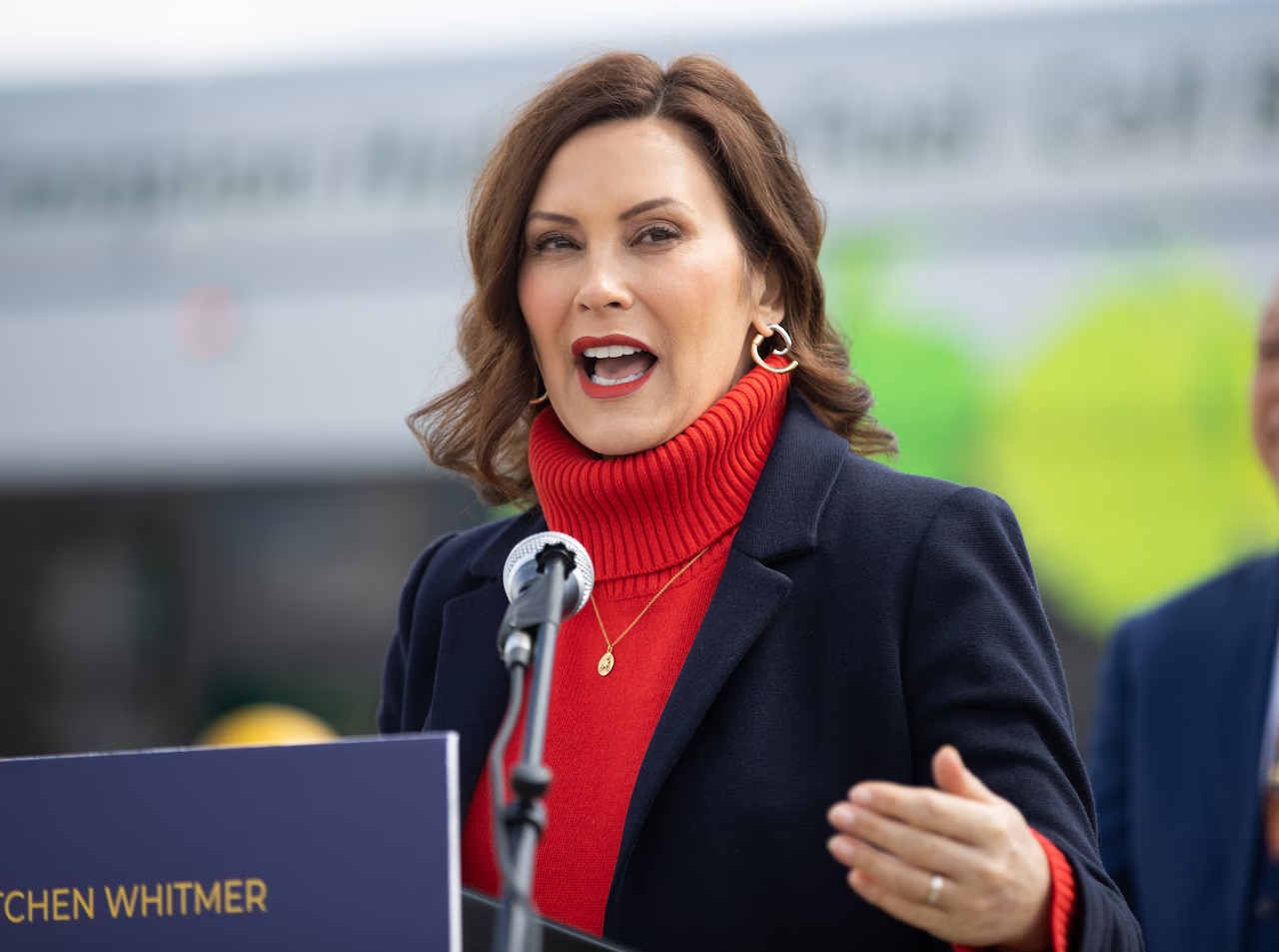
NCLGS releases Model Internet Gaming Act draft

The draft models new iGaming legislation and has been released ahead of the council’s winter meeting.
Key Points
- The NCLGS has released its draft Model Internet Gaming Act
- The MIGA seeks to unify legislative iGaming frameworks from state-to-state
- Included in the draft are proposed tax rates, licensing process and RG regulations
The National Council for Legislators from Gaming States (NCLGS) has released the draft of its Model Internet Gaming Act (MIGA) for public comment ahead of its winter meeting in New Orleans.
The MIGA has been put together as a proposed blueprint for state legislators who are considering regulating their iGaming markets in the coming months and years. Its overall goal is to introduce an increased level of consistency between states regarding online gaming regulation in order to improve the navigational difficulties often experienced by operators looking to ensure regulatory compliance across a multitude of US markets.
Included in the draft is a proposed model regarding responsible gaming for states to follow. The model proposes the prohibition of credit cards as a form of online payment, limiting deposits made by an individual to $20,000 per 24 hours, a ban on advertisement on college campuses and the mandatory creation of a statewide Player Health Program – among other things.
Further, the draft also proposes a more unified tax system. The NCLGS has recommended a tax range of between 15%-25% for online casino – currently the highest tax rate for digital games in the country lies at 55% in Maryland. Justification for this proposal is included in the draft, which states, “a competitive tax rate also allows competitive technological growth without creating a barrier of entry for future market participation.”
Good to know: The agenda for the NCLGS’ winter meeting in 2023 largely revolved around the US Horseracing industry
Licensing changes are also on the agenda, with the NCLGS proposing separate licenses and fees between online gaming suppliers, operators and platforms – as well as additional suggestions pertaining to potential temporary licenses to conduct iGaming operations in another state. Interestingly, the draft does not however include a standard online casino licensing fee or maximum number of operators per state.
Tags/Keywords
Players trust our reporting due to our commitment to unbiased and professional evaluations of the iGaming sector. We track hundreds of platforms and industry updates daily to ensure our news feed and leaderboards reflect the most recent market shifts. With nearly two decades of experience within iGaming, our team provides a wealth of expert knowledge. This long-standing expertise enables us to deliver thorough, reliable news and guidance to our readers.
